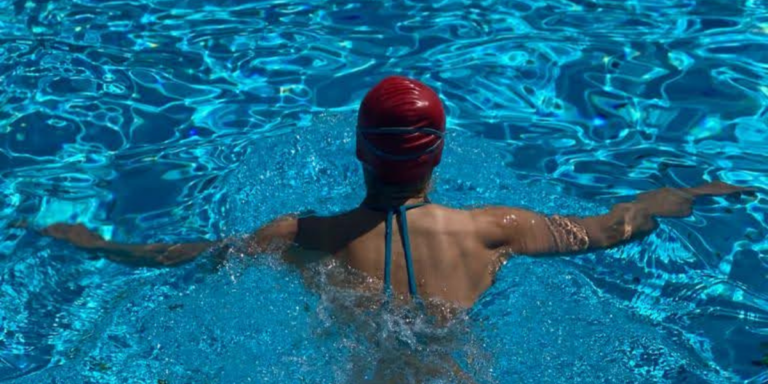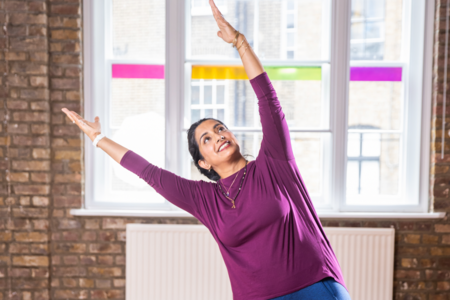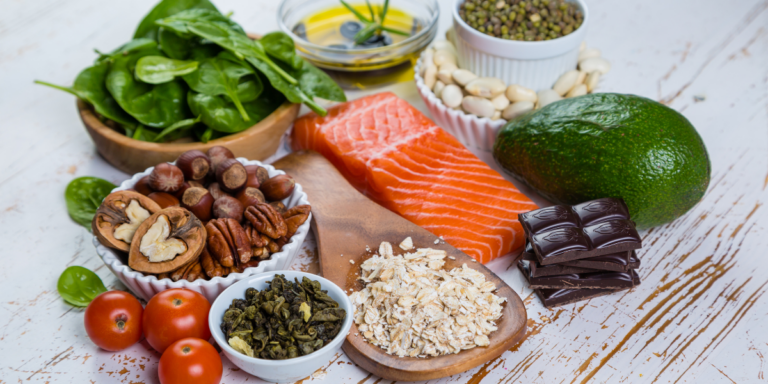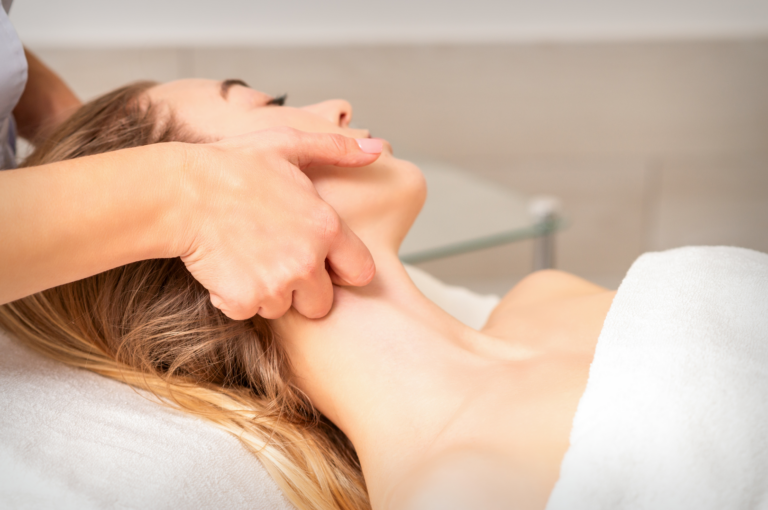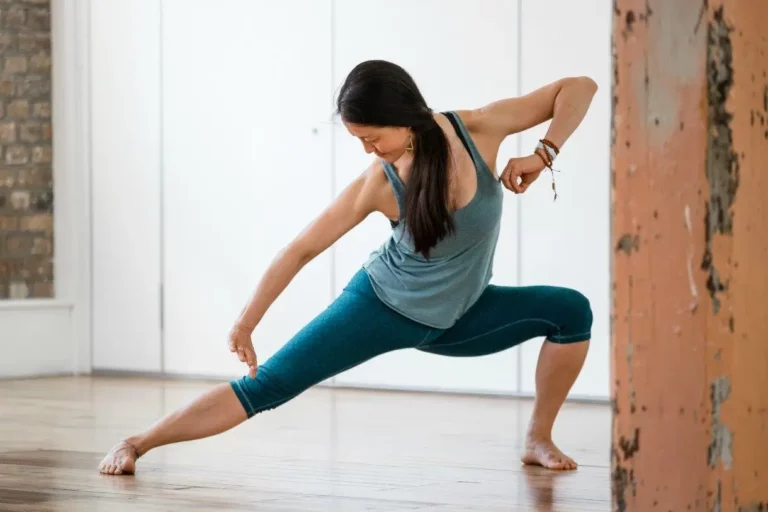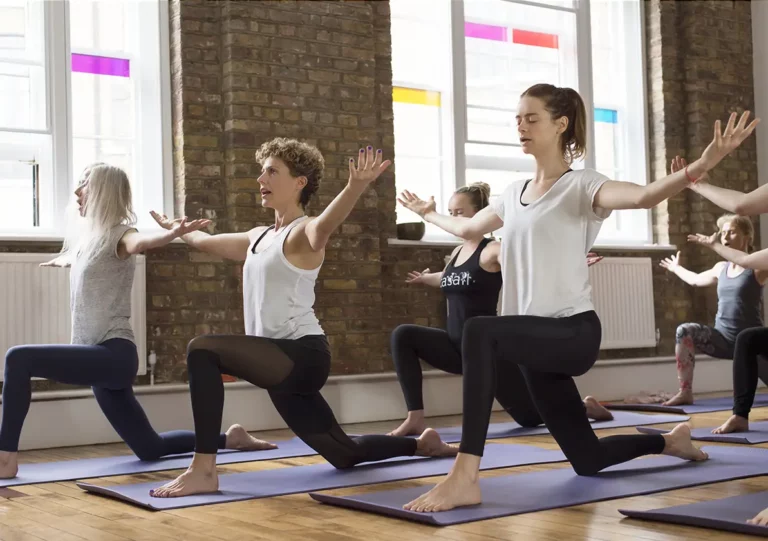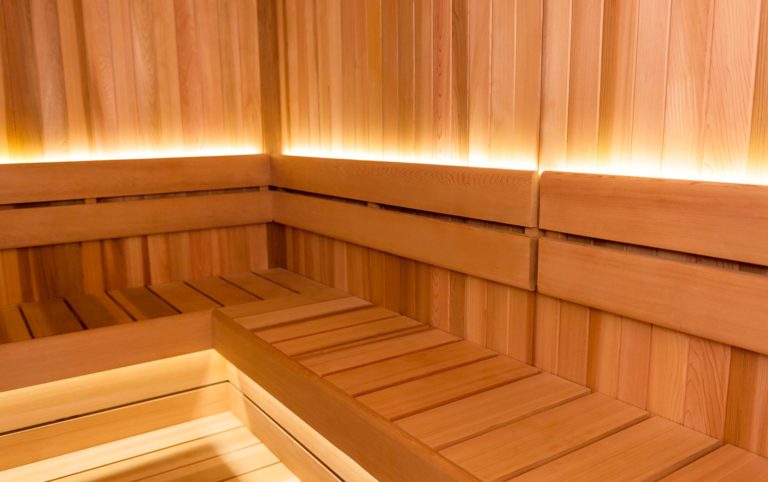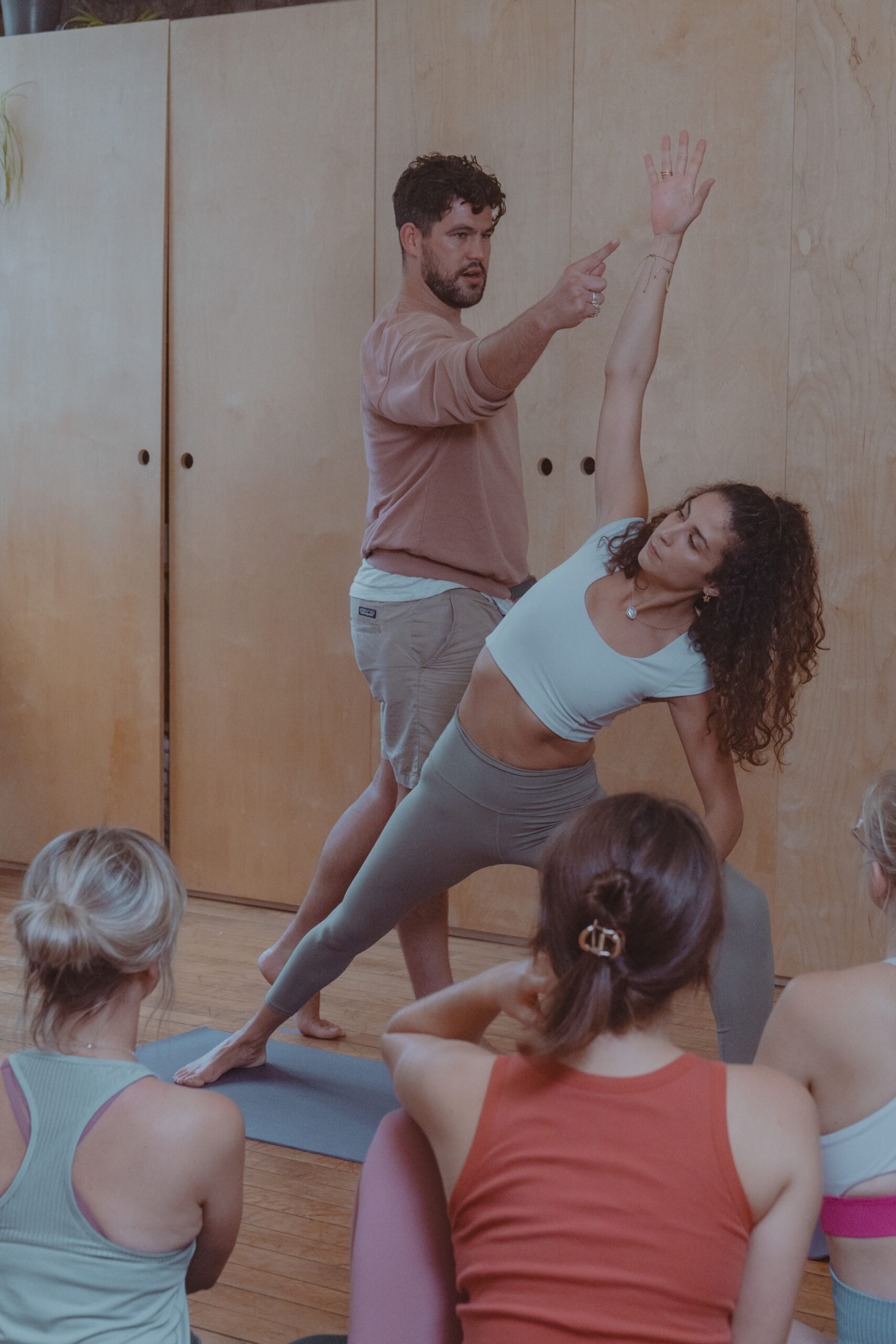Want to know why Pilates and cold water swimming are so popular? How do they improve quality of life? Find out how much these long-established practices have in common.
Although a novice cold water swimmer, I’ve been teaching Pilates at triyoga for 15 years. A winter of cold water swimming taught me how many similarities there are with Pilates. Here are some reasons both are now part of my life:
1. Whole body experience.
Bodies are designed to move. Pilates involves all movement directions and increases your movement vocabulary. Like swimming in cold water, Pilates improves body confidence and ease of movement. Both lead to enjoying moving and feeling great from exercise
2. You just get used to feeling better and moving more easily
The reason my clients attend Pilates classes also applies to cold water swimming. You’ll feel good during your Pilates class or swim and gain long term benefits with regular practice.
3. Improved mental health
Physical activity improves depression and anxiety. ‘Cross-adaptation’ means adapting to one type of stress (cold water) makes it easier to cope with other, potentially overwhelming, stresses.
Cold water swimming can treat depression. Pilates improves emotional wellbeing. Cold water swimming and Pilates focus on breathing, connecting with your body and being truly present. All these practices support your mental health.
4. Community
A smile, word of encouragement, or chat after your class or swim really brightens even the coldest of days. Friendships formed poolside, or with your Pilates classmates is often the extra nudge to make you show up. It feels good to be part of a community, particularly when so friendly and welcoming. Community, friendship, and support were the most common reasons given for cold water swimming. Your swimming community will also keep you safe – essential when starting.
5. Appearance is not important
You will find people of all shapes and sizes in a Pilates studio or in the water. I’ve worn some very eccentric outfits when teaching (socks, Crocs and Thai fisherman’s pants anyone…?) Many swimmers experience body confidence for the first time getting out of cold water. It’s about what you can do or experience – not how you look. You won’t be judged, just encouraged by fellow swimmers or classmates.
6. Freedom from electronic devices
Pilates removes interruptions, gives freedom from the outside world and pressures. Leave your phone with your dry clothes for a digital escape and opportunity to recharge.
7. Achievement
Immersing yourself in cold water, then taking a few steps or swimming a few strokes will give you a fantastic sense of achievement. Cold water swimming is not about long distances, but overcoming a challenge, and improving your health and wellbeing. Incorporating regular Pilates practice into a busy week is tough but rewarding. When your body remembers how to move and you easily complete once impossible exercises, revel in the sense of achievement.
8. It’s difficult to start
You know it’s good for you, others say how much better they feel, friends do it… but you haven’t started. Starting anything new is hard, even without alarmingly cold water, or worries about walking into a studio for the first time.
It feels impossible. Your mind shouts:
THIS IS NOT A SENSIBLE THING TO DO.
STOP NOW AND TURN BACK.
YOU DO NOT NEED TO DO THIS.
Joining your first Pilates class (or stepping into cold water) might feel uncomfortable. But you won’t regret taking the plunge.
9. You’ll be glad you went
Ever missed or stopped exercising because of tiredness, work, home, or other life pressures? Book a Pilates class or cold water swimming session to make it easier to escape and get the break your body and mind needs. Time and space away from the pressures of daily life restores, recharges, and helps sleep.
10. It’s nice when it stops
Just like swimming in cold water, Pilates is often intense, surprising, unexpected and makes you feel great. However true this may be, sometimes it’s also nice when it stops. (I say clients feel like this because they want to go and enjoy all the benefits in the rest of their lives. Just like I tell myself they always yawn at the start of class because they are releasing tension…)
Pilates makes all physical activities easier, cold water swimming is no exception.
Wondering which is better? Which you should choose? Pilates improves swimming, lengthening and strengthening your muscles. Unlike cold water swimming, Pilates requires you move in all directions, rebalancing your body – articulating that spine stiff from hours in front of a screen. Cold water swimming has other health benefits, such as improved immune function or lowered blood pressure.
So, which should you choose? Both!
Cold water immersion and Pilates are available at home but require more willpower. I’m happy to swim in a bikini in a frost, but cold showers… no thank you! Live Pilates classes online provide structure for regular practice and allow you to be part of a community practicing together. Whether you join us in the studio or online (or in the water), take the plunge! Your mind, body and soul will be glad you did.
It is essential to understand the potentially fatal cold water shock before swimming outdoors. Start, if possible, in summer. Use resources such as The Outdoor Swimming Society. Join your local club. Check out the great advice from the South London Swimming Club.
Serena Joy Oliver offers equipment Pilates classes at triyoga Camden. Despite 15 years’ experience teaching Pilates, and a Neuroscience MSci, she is currently struggling with social media. Find her @SerenaJoyPilates in the studio or in the water at Tooting Bec Lido or London Docks – she would love to hear your Pilates or cold water swimming adventures! See her full schedule at triyoga here.

